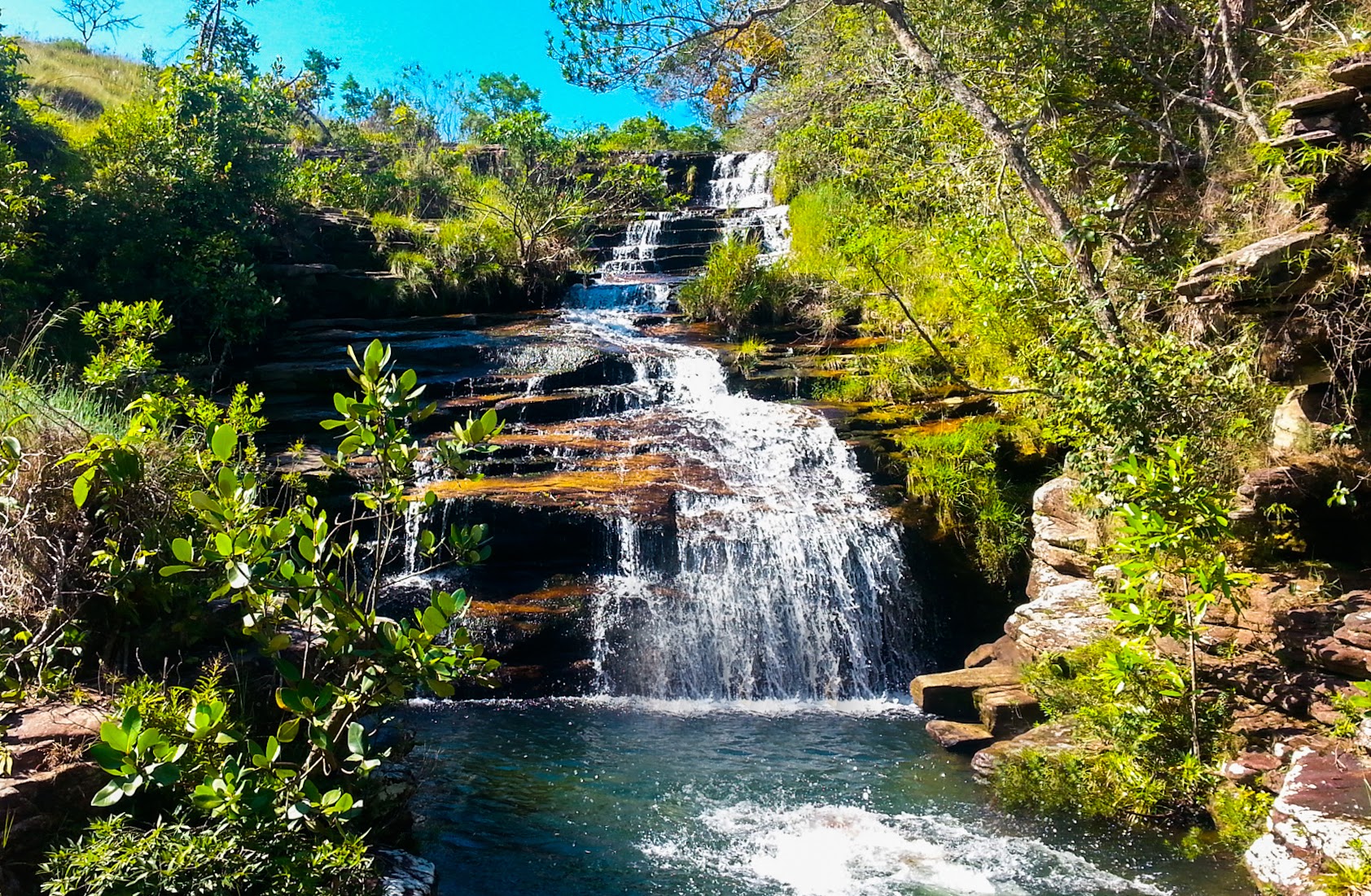RIO DE JANEIRO, BRAZIL – Brazil is the world’s largest water source: it holds 13.7% of all freshwater and 20% of all groundwater on the planet. The country’s responsibility in the global management of water resources is therefor inescapable.
In the UN’s 2030 Agenda for Sustainable Development Goals, the sixth goal sets the target of achieving universal and equitable access to safe and clean water for all.

Parallel goals include universalizing basic sanitation, improving water quality by reducing pollution, halving the proportion of untreated wastewater, and substantially increasing the efficiency of water use.
Given the privileged position of Brazilian water resources, technical and academic authorities point to four priorities for public action on the issue: First, to act on the availability of water resources. Although Brazil has gigantic aquifers, regular rainfall and huge hydrographic basins, water is not always available for use. Constant planning and care of reservoirs, canals, wells, cisterns, and structures that enable the use of water is therefore required.
Second, it is necessary to properly treat the water for its intended purpose. This means that measures must be implemented to ensure that the water is useful for the intended purposes, such as human consumption, irrigation, animal feeding, industry, and support for biodiversity.
Third, to work on adequate distribution, expanding distribution networks and preventing waste. The role of civic and environmental education is also crucial in this regard. Brazilian society can greatly advance in ecological awareness and assume the leadership that the world expects of it.
Fourth, to act in the collection and treatment of wastewater, which includes sanitation and the return of water to the environment. Access to running water is an elementary indicator of public health. Likewise, the regulatory environment for industrial and agricultural activities needs constant attention: after all, the main polluters of fresh waters are soluble salts, detergents, heavy metals, fertilizers and pesticides.
Taking care of the Brazilian hydrosphere also involves intelligence in the management of hydroelectric power plants. It is worthy of note that the Brazilian energy matrix is an international model in terms of renewable and clean sources: 83% ofrazilian energy is generated by renewable and clean sources, while the international average is 20%. Brazil’s great differential is exactly the set of hydroelectric plants that, alone, generate 67% of the energy used by Brazilians. However, poor management can lead to blackouts as occurred in Amapá in November 2020. At the time, 3 transformers were damaged by a fire, and one of them had been inoperative since 2019 in never-ending maintenance.
Every March 22nd the UN promotes the World Water Day precisely to highlight these issues and broaden the public debate about the natural resource that is the conductor of life. We must never forget that without water, destitution and poverty increase. Water never loses its relevance. Mohamed Larbi Bouguerra, an authority on the debate about hydropolitics, states that we must “work towards the advent of an ethic of water management and distribution that enables everyone to live in peace and cooperation.”
Source: Veja

